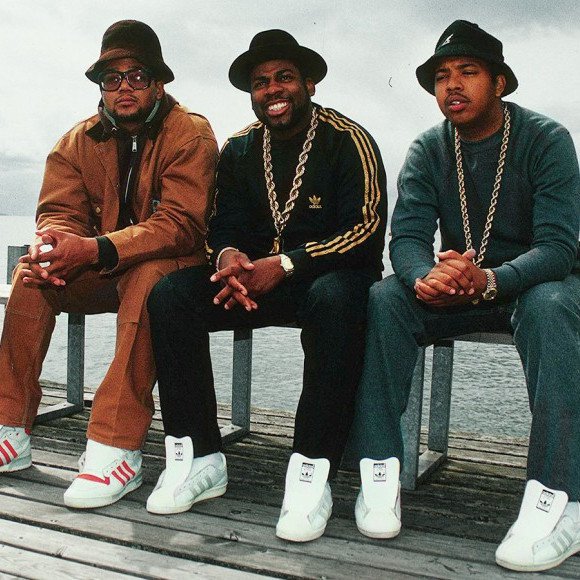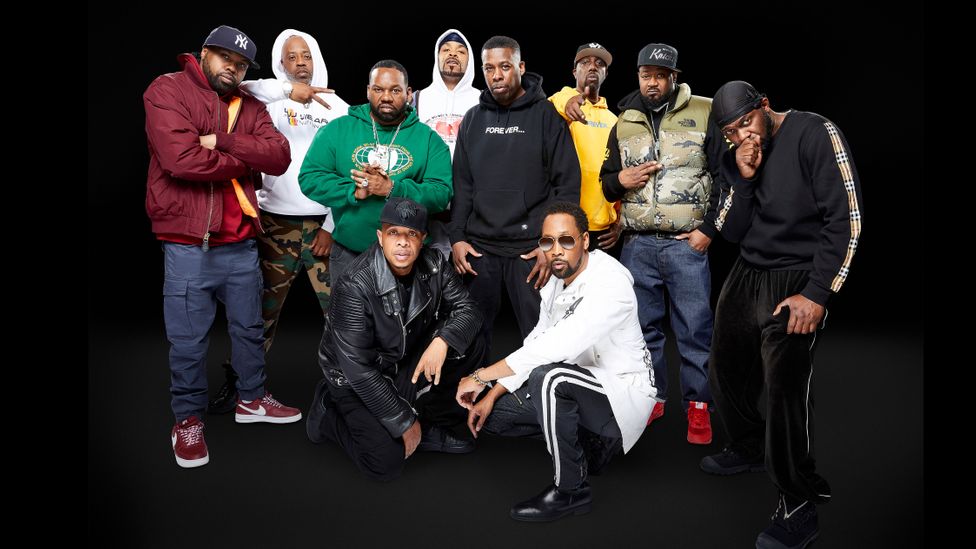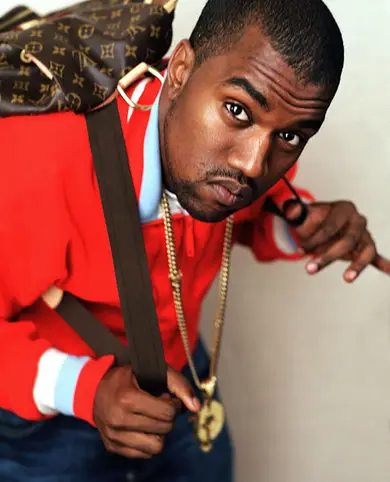In the heart of the concrete jungle, where dreams intertwine with reality, a symphony of words and beats was born. A cultural phenomenon, a genre of resilience and rebellion, Hip Hop emerged from the depths of New York City, igniting a fire that would blaze across the globe for five decades and counting. As we stand at the threshold of its 50th anniversary, let us delve into the soul of Hip Hop, a multifaceted language that has shaped minds, moved bodies, and transformed the world.

Act I: The Genesis of a Movement

Picture the Bronx, circa 1973, a landscape of socioeconomic disparity, a canvas on which young minds sought to create their own stories. It was in these streets that Hip Hop took its first steps, its heartbeat echoing through boomboxes and block parties. DJ Kool Herc, the founding father, laid the foundation with his innovative turntablism, manipulating records to isolate and extend breakbeats, giving birth to the art of sampling. The microphone passed to MCs like Grandmaster Flash, Afrika Bambaataa, and the Furious Five, who wove tales of life’s struggles and triumphs into poetic verses, electrifying the masses.
Act II: Rhymes That Resonate

The 80s bore witness to Hip Hop’s meteoric rise, as it spread like wildfire beyond the boroughs. Enter Run-D.M.C., their iconic Adidas attire and raw rhymes propelling the genre into mainstream consciousness. The lyrical prowess of Rakim, a wordsmith of unparalleled depth, expanded the boundaries of Hip Hop, demonstrating that it wasn’t just music—it was a storytelling medium, a vessel for truth and introspection. As the 90s dawned, the West Coast exploded onto the scene with N.W.A., Eazy-E, and the poetic lyricism of Tupac Shakur. The East Coast-West Coast rivalry ensued, a testament to the genre’s power to evoke passion and ignite debate.
Act III: Golden Era and Cultural Resonance

If the 80s were a spark, the 90s were a blaze. The Golden Era of Hip Hop unfolded, birthing legends who remain indelible. Nas’s Illmatic painted vivid pictures of urban life, while Biggie’s Ready to Die showcased the complexity of human emotions. A tribe called Wu-Tang Clan brought martial arts mystique, while A Tribe Called Quest infused jazz influences. Lauryn Hill, a force in her own right, combined soulful vocals with razor-sharp verses, transcending boundaries of genre and gender.
Act IV: Shaping the Future

As the new millennium dawned, Hip Hop refused to be confined by its past. Eminem shattered stereotypes, his lyrical dexterity defying conventions and earning him a place among the pantheon. OutKast blurred genre lines, fusing Hip Hop with funk and soul, exemplifying the genre’s boundless potential for innovation. Jay-Z rose to become a business mogul, his entrepreneurial spirit mirroring the genre’s trajectory from the margins to the mainstream. Kanye West’s sonic experimentation challenged norms, reminding us that Hip Hop was a canvas for unbridled creativity.
Act V: Evolution and Global Domination
Hip Hop, once a niche culture, was now a global phenomenon. Its rhythms echoed in the streets of Tokyo, Lagos, and London. Eminem, Kendrick Lamar, and J. Cole tackled societal issues head-on, proving that the genre was a mirror reflecting the world’s complexities. Women like Nicki Minaj and Cardi B shattered glass ceilings, cementing their place as more than mere features in the narrative. The power of Hip Hop to influence change became evident in movements like Black Lives Matter, where artists like Killer Mike and Janelle Monáe stood at the forefront.
Act VI: The 50th Anniversary
And now, we stand at the precipice of the 50th anniversary—a half-century of poetic revelations, lyrical revolutions, and rhythmic evolution. The ghosts of Tupac and Biggie, of Jay-Z and Nas, watch over a landscape they helped mold. Hip Hop has weathered storms, defied critics, and transformed lives. It has transcended the realm of music, becoming a culture, a language, and a force for change. From block parties to billion-dollar industries, from tape decks to streaming platforms, Hip Hop has come full circle.
So let us celebrate the architects, the pioneers, the storytellers, the beatmakers—the guardians of a culture that continues to thrive. Let us honor the roots while embracing the future, for Hip Hop is not just a genre—it’s an ethos. It’s the rhythm of the unheard, the pulse of resilience, the cadence of rebellion. As we raise our voices in unison to mark this milestone, let us remember that Hip Hop is not just 50 years—it’s a lifetime of stories, a symphony of struggles and successes, a testament to the power of the human spirit to create and connect.









